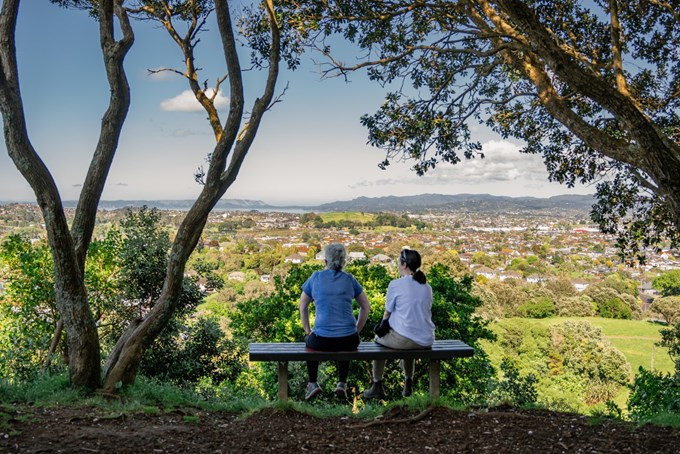Tuesday 20 February, the consultation document for Auckland Council’s Long-term Plan (10-year Budget) 2024-2034 was adopted by the Budget Committee following lengthy and robust discussion.
“We agreed on the items for consultation back in December. So, the purpose of today’s meeting was to adopt the consultation document, not to re-litigate the options. This is part of a process, and we’re going to stick to that process,” says Mayor Brown.
“The consultation document presents the key issues and options, so people can easily understand and respond to them. It’s about giving Aucklanders an opportunity to have their say on a range of ideas, including thoroughly practical ways to tackle Auckland’s biggest challenges over the next decade.
“I can reassure people that no decisions have been made yet. We’re barely halfway through the process, and there’s still a way to go before we adopt the Long-term Plan.”
In December, the Budget Committee agreed to the items for public consultation, which formed the basis for drafting the consultation document.
The public consultation will run from 28 February to 28 March. The feedback will be considered in April, and all decisions will be made in May, with the final Long-term Plan adopted by the Governing Body in June.
The consultation document will look different this time around.
“In addition to the central proposal, which aims to deliver on my commitment to make the most of what we already have, Aucklanders will have the option to ‘do more’ or ‘do less’. These options will have a direct impact on rates and service levels,” says Mayor Brown.
“My plan is about fixing Auckland Council and strengthening the financial and physical resilience of our region. This requires some significant financial restraint and some hard choices. In order to control rate increases, the central proposal includes reducing the council’s operating expenditure in real terms, but still manages the cost of the storm recovery and paying for past decisions of the council.”
The central proposal recommends average rate increases of 7.5% in year one, 3.5% in year two, and 8% in year three (almost exclusively the result of the cost of the City Rail Link).
“I would urge Aucklanders to be pragmatic in the choices they make. I’ve made it very clear that my intention is to keep household rates as low as possible, especially during this cost-of-living crisis.”
Aucklanders are invited to ‘have your say’ on the Long-term Plan, including:
- The overall direction: options to stick with the central proposal, ‘do more’ or ‘do less’ across the council’s key activities.
- Transport: feedback on the proposed transport plan, including funding road renewals, the introduction of a $50 weekly cap for public transport, and options to 'spend more’ or 'spend less’.
- North Harbour Stadium: options to keep the stadium as is, change management, or redevelop the site.
- Major investments: options to establish an Auckland Future Fund, using the council’s shareholding in Auckland International Airport; and either lease the port operations to another party or continue to operate the Port of Auckland ourselves, investing the proceeds from either in the proposed fund.
- Use of port land: in all cases, the port’s land and strategic assets will remain in Council ownership. Options to transfer prime waterfront land from the Port of Auckland Ltd. to Auckland Council within 2–5 years (Captain Cook Wharf and Marsden Wharf) and 15 years (Bledisloe Terminal).
- Changes to other rates, fees, and charges: feedback on targeted rates, the Long-term Differential Strategy, recycling charges for schools, and refuse collection.
- Local boards: feedback on the priorities for your local board and the proposed ‘fairer funding’ model.
“The Long-term Plan is a timely opportunity for us to rethink the way we do things and re-evaluate what matters most to Aucklanders in the wake of unprecedented and catastrophic events,” says Mayor Brown.
“We’ll be grappling with the enormous cost of the Auckland Anniversary Floods and Cyclone Gabrielle for the next decade. Auckland Council’s financial position was already weak. The underlying problem was that we borrowed too much and too fast and invested poorly.
“In this Long-term Plan, I am proposing to fix that once and for all.”


